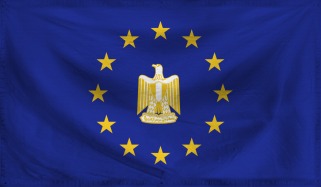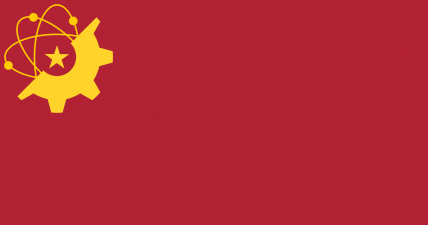Antimersia wrote:Arvenia wrote:Cascadia would likely be more secessionist due to the Cascadian independence movement being a thing.
yes thats what i based it on but i also took the ruby ridge secluded gun nut approach and combined the movement with the north west territory movement. which will be propelled into fighting for total national control. which, considering they are doing dozens of public hangings a day, who knows how long this movement will last.
I could see a complete collapse of cascadia happening soon








